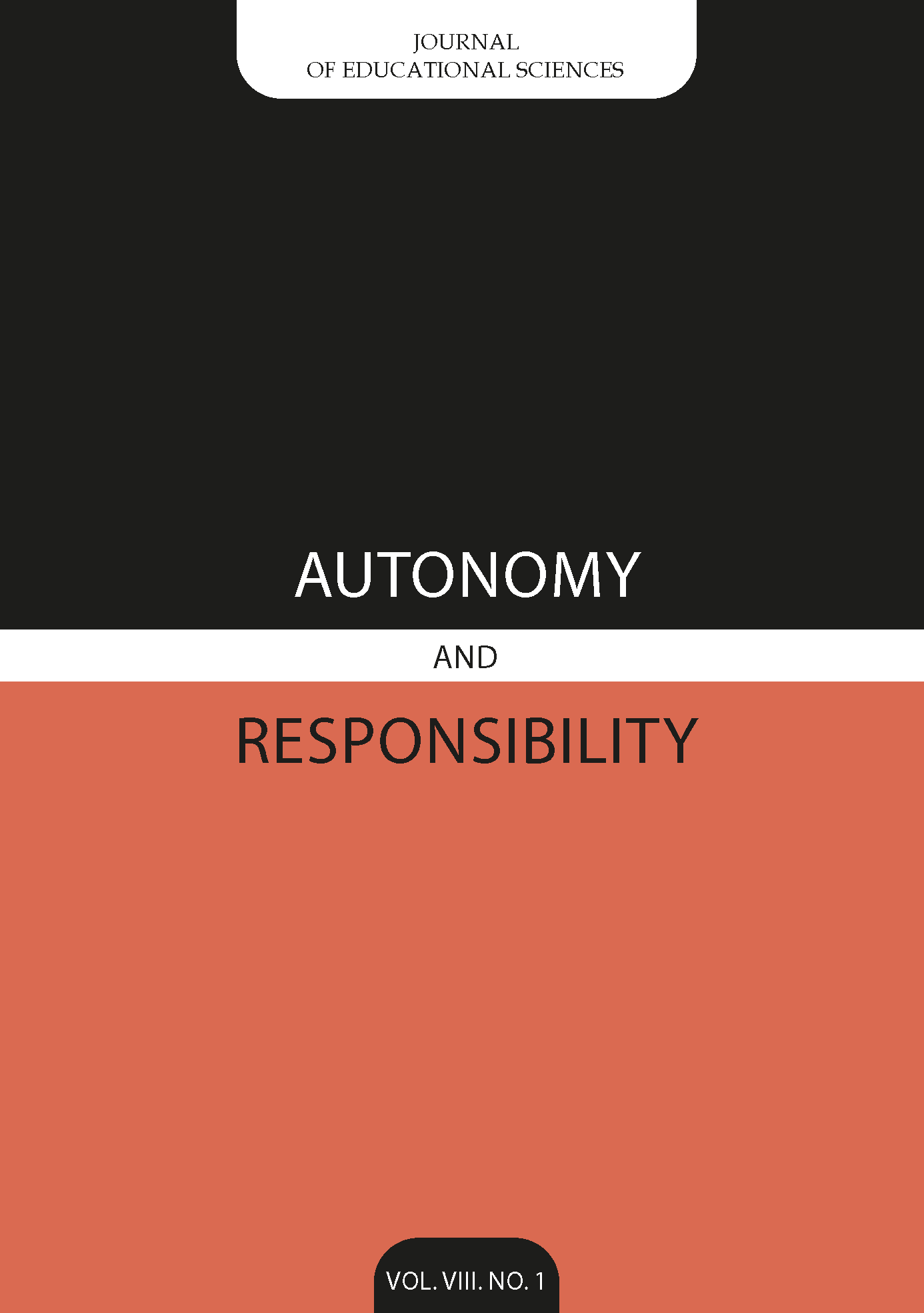Teachers’ professional development for cooperative learning: A constructive controversy between long-term versus short-term professional development
DOI:
https://doi.org/10.15170/AR.2023.8.1.5.Kulcsszavak:
Teachers’ Learning, , Professional Development, Cooperative Learning, Implementation, Constructive ControversyAbsztrakt
Abstract:
Previous scientific research has recognised the pedagogical model of cooperative learning (CL) as a best-practice pedagogy, which facilitates students’ academic and social learning. Teachers are crucial for implementing CL in the classroom. While they value the method, they often find it complex and challenging to use. Thus, it is crucial to support effective CL professional development (PD) for teachers. Various approaches, forms and lengths of PD in CL are available for teachers, and long- and short-term approaches have been debated in the literature. Based on the perspective of constructive controversy, the goal of this study is to examine teachers’ PD in CL, with a particular focus on long- and short-term PD. Drawing on our different perspectives and experiences with long- and short-term PD in CL, we aim to contribute knowledge that can support teachers’ learning and implementation of CL. To provide insights and reflections along with theoretical findings, we utilise a narrative approach, with one narrative on long-term PD and one on short-term PD. One issue that becomes clear is the lack of a consensus on what counts as PD for teachers, as PD is a holistic multidimensional construct. We propose four common characteristics that should be considered in developing successful PD regardless of the CL approach or the length of the PD: 1) It enables participating teachers to acquire a shared understanding and knowledge of the theoretical framework of CL; 2) It supports teachers in taking ownership of CL; 3) It involves collaboration (in different forms); and 4) It includes support structures. While both long- and short-term PD can support teacher learning, how the time is used is the most important factor for a successful outcome. Hence, short-term PD is better than no PD at all.
Letöltések
Downloads
Megjelent
Hogyan kell idézni
Folyóirat szám
Rovat
License
Copyright (c) 2023 Beathe Liebech- Lien, Eva Hammar Chiriac, Neil Davidson

This work is licensed under a Creative Commons Attribution-NonCommercial-NoDerivatives 4.0 International License.



